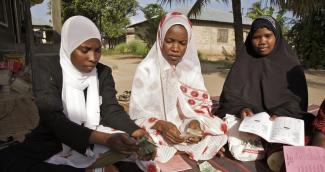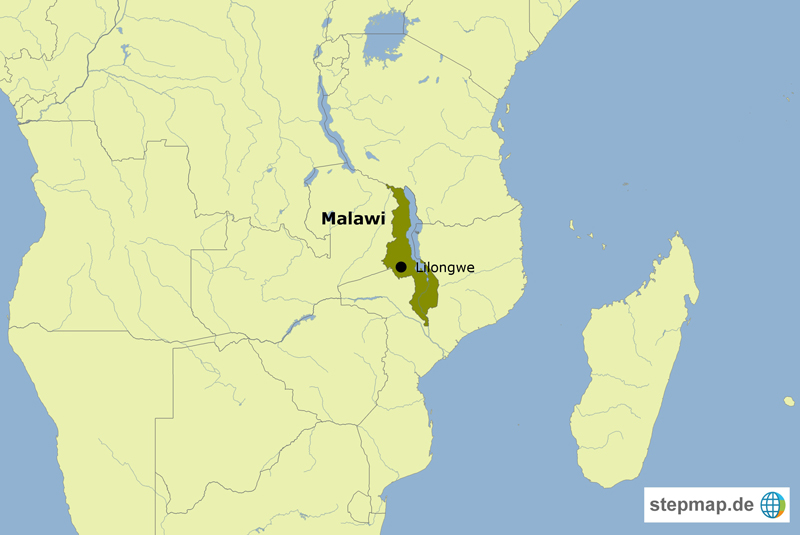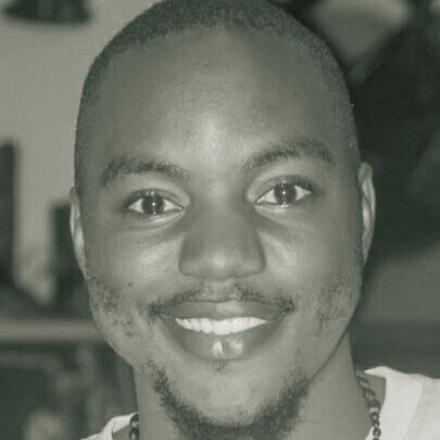Diversity
Women at work

Significant investment under the 2X Challenge has gone into infrastructure. The focus was on projects targeted specifically to women, rather than large-scale infrastructure projects that arguably benefit women and men equally. For example, a maritime port in West Africa made a major effort to recruit and train women to operate heavy machinery, such as cranes that move cargo on and off ships. The port management saw a strong business case for employing women in these jobs: women have fewer accidents and higher job-retention rates.
A firm specialising in artificial intelligence – another non-traditional industry for women – also attracted 2X Challenge funds. A female-founded digital business in India focused on recruiting rural women to work remotely. The firm’s systems allow it to train new workers quickly. It has some of the highest worker satisfaction rates of any company in the 2X portfolio.
Another business in India, in warehousing and logistics, planned to expand its workforce by 12,000 people. As part of the 2X partnership with the company, the CDC, Britain’s DFI, provided advice to ensure that the firm planned its recruitment with gender balance in mind and also consulted it on creating conditions in which women could work comfortably and safely.












